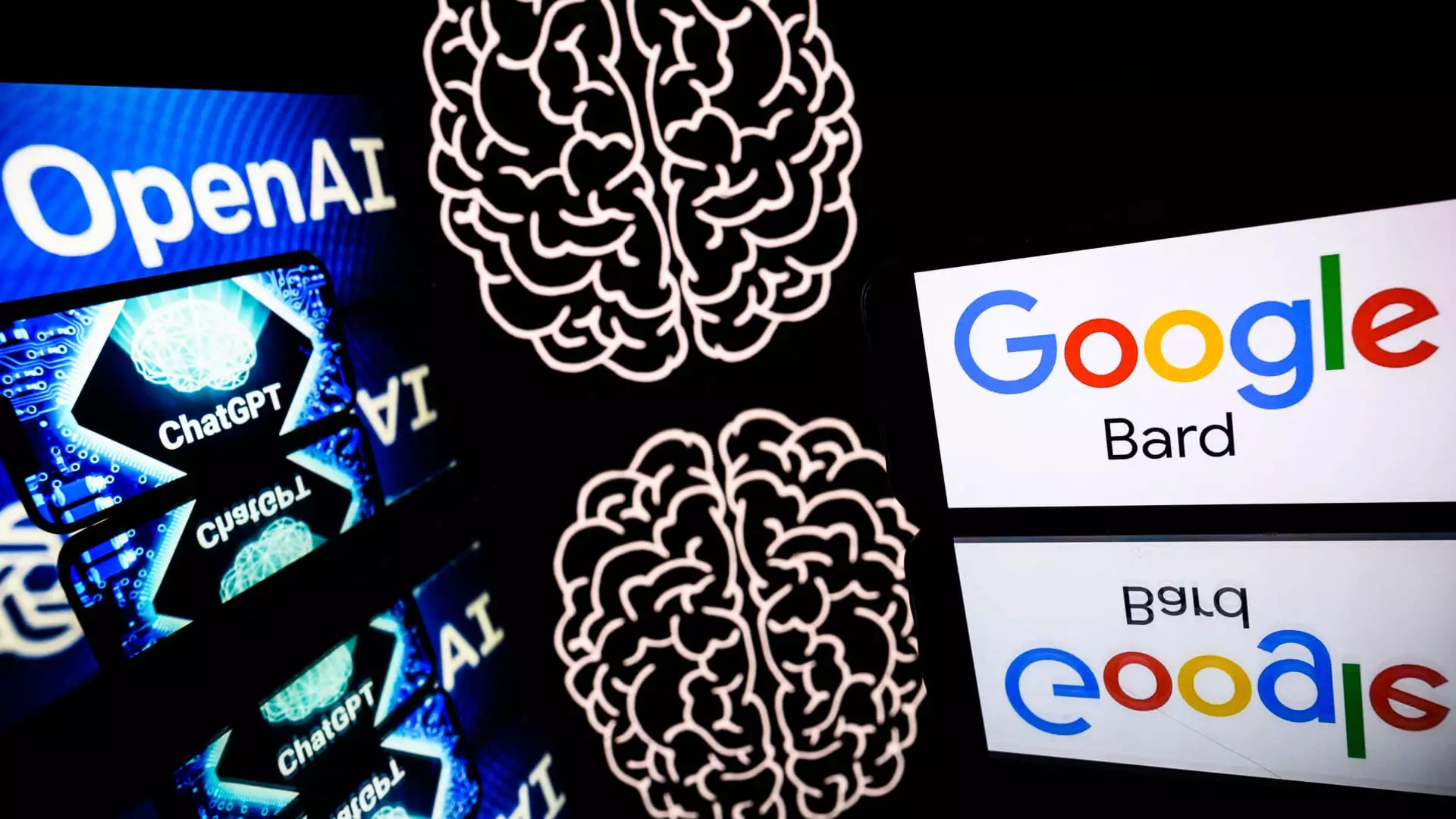In a surprising turn of events, Microsoft has decided to hand over the development of all of its best artificial intelligence tools and software to OpenAI. This decision, according to Todd McKinnon, CEO of identity security firm Okta, could potentially benefit archrival Google. McKinnon pointed out that Google has been excelling in the field of AI research and development, particularly with the creation of transformers that power generative AI technologies used today.
As Google continues to defend its position in search, it has managed to avoid outsourcing its research and development efforts. The breakthroughs in AI, particularly in the realm of transformers, can be attributed to Google’s research arm, DeepMind. With Microsoft’s decision to collaborate with OpenAI, there is a possibility that Google may further solidify its position as a leader in AI innovation.
Despite Microsoft’s significant investment in OpenAI, there is a concern that the company’s role in the AI landscape may shift towards that of a consultancy. With products like CoPilot and PCs equipped with generative AI software incorporating technology from OpenAI, Microsoft’s direct impact on AI development could diminish. This poses a challenge for Microsoft as it navigates the evolving AI landscape.
While Google has been at the forefront of AI advancements, it still faces obstacles in achieving commercial success with its own AI investments. Public blunders such as inaccuracies in the Gemini AI chatbot and ahistorical images generated by Google’s AI have raised concerns about the company’s AI capabilities. As Microsoft strengthens its partnership with OpenAI, Google will need to overcome these challenges to maintain its position in the search market.
The shift towards AI development backed by major tech giants like Microsoft and Google represents a significant departure from traditional product cycles. Unlike the disruptive nature of personal computers, AI technologies require substantial investments in research and development. As AI becomes increasingly integrated into various industries, concerns about competition and innovation arise. The influence of Big Tech in shaping the future of AI raises questions about the implications for the broader tech industry.
Microsoft’s collaboration with OpenAI marks a pivotal moment in the evolution of artificial intelligence. The partnership has the potential to reshape the AI landscape, with implications for major players like Google. As AI technologies continue to advance, the role of tech giants in driving innovation will play a crucial role in shaping the future of AI research and development.


Leave a Reply